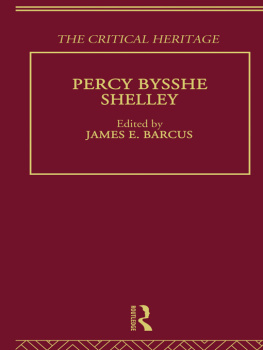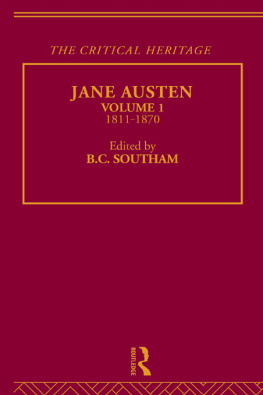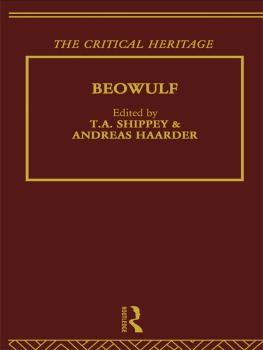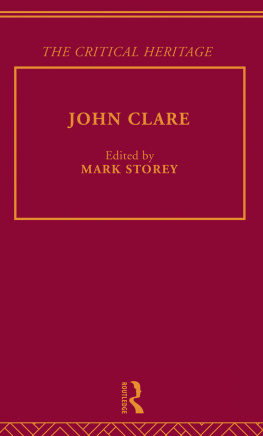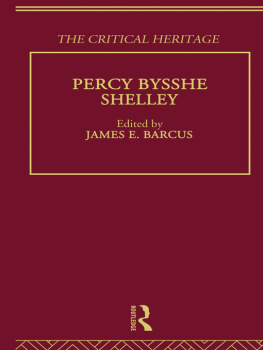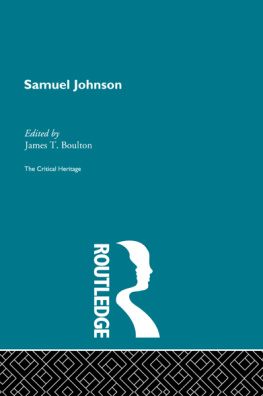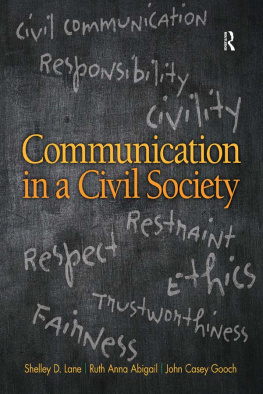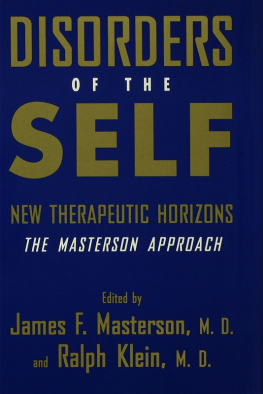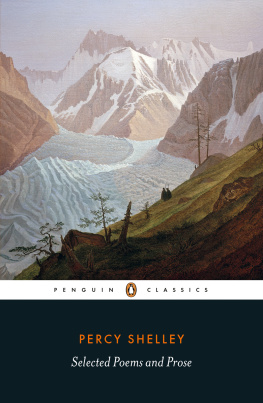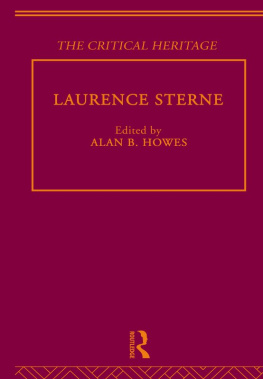Acknowledgments
The giving of thanks, like the giving of praise, is a dangerous enterprise, for the most important is the easiest overlooked. But I wish to mention especially all those scholars and critics listed in the bibliography and mentioned in the introduction. All students and scholars see as far as they do because of the endeavors of other men, and I am grateful to all men on whose shoulders I stand. In addition to the example of William S. Ward, to whom this volume is dedicated, I wish to single out especially the encouragement and enthusiasm of the late William H. Marshall.
Special thanks should also go to the typists and secretaries who worked faithfully to put this volume into the press: Mrs Joanne Pullen, Mrs Diane Stoneberg, and Mrs Dorothy Coddington. I wish also to thank Professors Gordon Stockin and Richard Gould of Houghton College who translated the Greek, Latin, French, and Italian quotations in the text. Moreover, I wish to express my appreciation to the Committee for Faculty Research and Writing Grants of Houghton College for financial assistance for the secretarial costs and duplicating expenses incurred in the preparation of this volume.
Finally, I wish to acknowledge permission received from The Viking Press, Inc. to publish extracts from The Writings of Margaret Fuller ; from Columbia University Press for excerpts from New Letters of Robert Southey ; from the Clarendon Press, Oxford, for quotations from The Letters of Thomas Moore and The Collected Letters of Samuel Taylor Coleridge ; from Columbia University Press and the Ralph Waldo Emerson Memorial Association for excerpts from Letters of Ralph Waldo Emerson ; from Harvard University Press for excerpts from The Journals of Ralph Waldo Emerson and a Keats letter in The Letters of John Keats ; from the University of Nebraska Press for the passage from The Literary Criticism of James Russell Lowell ; from Humanities Press, for extracts from Byron: A Self-Portrait ; from B. Franklin foi excerpts from Memoirs of Margaret Fuller Ossoli ; from Cornell University Press for excerpts from Coleridge the Talker: A Series of Contemporary Descriptions and Comments ; from J. M. Dent & Sons, Ltc for excerpts from The Complete Works of William Hazlitt ; from Houghton Mifflin Company, for excerpts from Hawthornes Mosses from An Old Manse ; from AMS, to quote from Robinson on Books and their Writers ; from Macmillan Publishing Co. for extracts from His Very Self and Voice ; and from Farrar, Straus & Giroux, Inc. for selections from The Selected Letters of Charles Lamb .
Introduction
Shelley drowned July 8, 1822, less than a month before his thirtieth birthday. His sudden and tragic death when his maturing genius was just becoming apparent may, however, have helped catapult him from relative obscurity to the front ranks of English literature. In March 1822, John Wilson, writing in answer to the question, What is your serious opinion about the present state of literature, responded:
Why, we live in an age that will be much discussed tis overa very stirring, productive, active agea generation of commentators will probably succeedand I, for one, look to furnish them with some tough work. There is a great deal of genius astir, but, after all, not many first-rate works produced. If I were asked to say how many will survive, I could answer in a few syllables. Wordsworths Ballads will be much talked of a hundred years hence; so will the Waverly Novels ; so will Don Juan , I think, and Manfred; so will Thalaba , and Childe Harolds Pilgrimage , and the Pilgrimage to the Kirk of Shotts, and Christabel.
John Wilsons amazingly accurate prophecy is marred by the omission of Shelleys major works and those of Keats, although Wilson, in 1819 and again in 1820, had called attention to Shelleys genius. Thanks to the untiring labors of Mary Shelley, Leigh Hunt, and others who kept Shelleys name before the public, Shelleys death became the occasion for an outpouring, on both sides of the Atlantic, of criticism, praise, and censure. Undoubtedly the nature of his death and the determination of his wife and friends contributed to the growth of his reputation, but he was, of course, already infamous for his alleged immorality and atheism. Much of this posthumous criticism, such as that in the American press, attempted to mitigate this censure by demonstrating to the public that his immorality was a higher morality and his atheism a new and more noble form of Christianity.
But the fact remains that during Shelleys brief lifetime and in spite of his prolific outpourings, and although the leading journals and periodicals consistently reviewed his work, except for his close friends and companions the literary world at large took little notice of him. One of the paradoxes that taunts the student of Shelley is the relative silence of his leading contemporaries. Sir Walter Scott, for example, has left no significant comment about Shelley or his work. William
Coleridges statements are confined to several references in letters and in a few conversations, although when Miss Coburn has completed the editing of his notebooks, more significant comments may turn up. Except for one famous letter written to Shelley, even Keats has left us few of his insights into Shelleys poetry. Most disappointing of all, of course, are Mary Shelleys letters and journals, for although she repeatedly notes that Shelley has been reading his work aloud or that she and Shelley are copying out a work for publication, she provides no glimpses into her spontaneous and personal reactions to the poetry. She meticulously records when and where she read a poem, but not what she thought about it. In the light of her subsequent commentary and publishing history, this silence is tantalizing. Even Byron who encouraged and supported Shelley, while not always on the best of terms with him, records precious few responses to Shelleys work.
Shelleys lack of reputation, even among his literary contemporaries, probably reflects both the limited number of volumes printed and the method of publication. Later in the century, the first volume of Alfred Tennysons verse was ignored in part because the country bookseller had not the influence on public taste of a John Murray. Shelleys first volume, Original Poetry , the joint work of Shelley and his sister Elizabeth, was issued by Stockdale, a London publisher and remainder bookseller, who received 1489 copies from the Worthing printer, but probably no more than 100 copies were ever in circulation. St. Irvyne , a gothic novel, was published at Shelleys expense and sold badly. Stockdale, the publisher, figured his loss at 300. The Necessity of Atheism was published by C. and W. Phillips of Worthing, and all but a few copies were burned. The discoverer of the heresy, the Rev. John Walker, Fellow of New College, kept one, and copies had also been sent to all the bishops and heads of the colleges before the pamphlet had come to the attention of university authorities. But clearly the pamphlet was never widely read.
Of Shelleys more mature works, 250 copies of Queen Mab were printed, but probably not more than 70 copies were in circulation during his lifetime. Alastor was first printed, again at Shelleys expense, in an edition of 250 copies. John Murray refused to publish it, but it was ultimately published by Carpenter & Son, and Baldwin & Company. As late as 1820 some copies remained. The Revolt of Islam appeared first in an edition of 750 copies as Laon and Cythna . Although some copies were distributed under the first title, Oilier, the publisher, refused to go on without revision. The poem finally was published with the new title page and after twenty-six pages of text had been cancelled.

